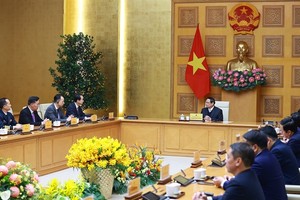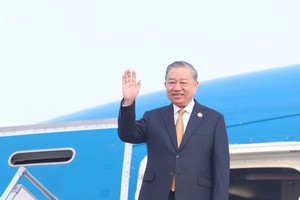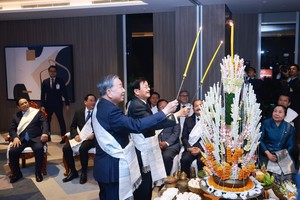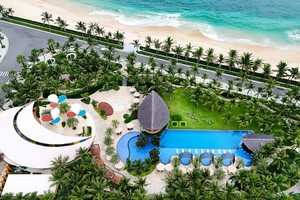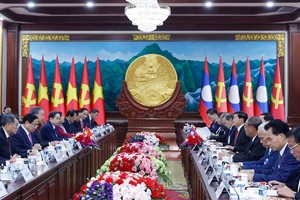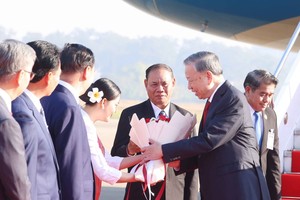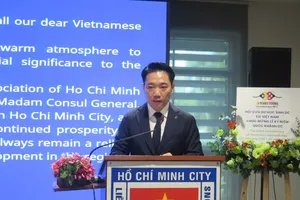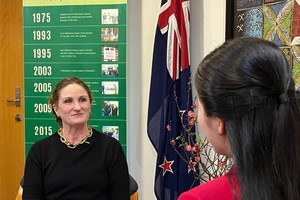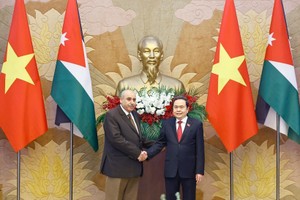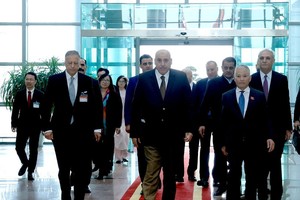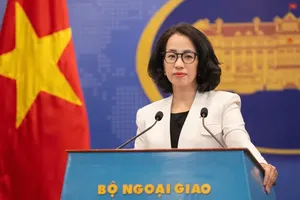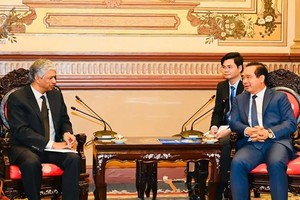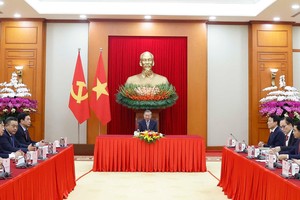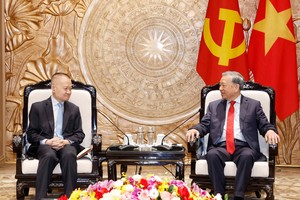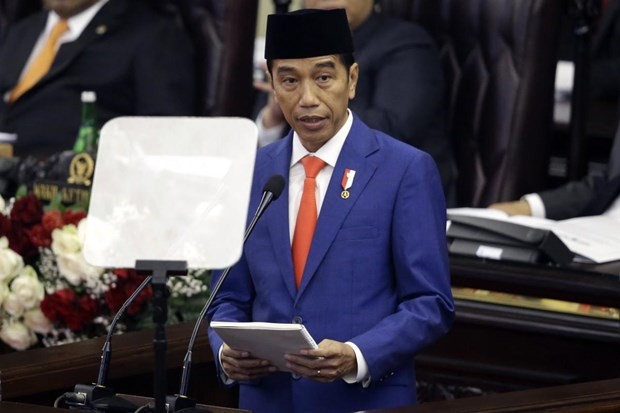
The term “blue economy” refers the sustainable use of ocean resources for economic growth, improved livelihoods and jobs, while preserving the health of the global ocean ecosystem.
The National Development Planning Agency (Bappenas) of Indonesia has recently discussed the matter during a SDG conference themed "Marine Sustainability to Improve Welfare and Reduce Inequality."
According to Bambang Prijambodo, deputy director for economic affairs at Bappenas, by the end of 2015, the blue economy contributed 6.4 percent of national GDP (equivalent to US$55 billion). This figure is hoped to reach 12 percent in 2045.
Indonesia's blue economy is in sync with SDG 7 on affordable and clean energy, SDG 9 on industry, innovation and infrastructure, and SDG 14 on life below water.
This policy complies with Indonesia’s national development agenda in strengthening the coastal economy, improving the quality of human resources and promoting economic independence.
Since taking office in October 2014, Indonesian President Joko Widodo has made efforts to promote the development of blue economy.
Indonesia is one of the leading countries in developing sea-based economy, with the Mandalika Special Economic Zone being the prime implementation, followed by the Lombok Special Economic Zone.
